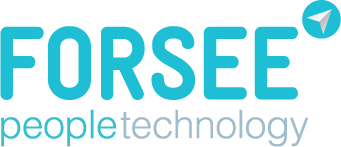We’ve all had that sinking feeling after realising a few months in that we’ve hired the wrong person. The new employee isn’t working out the way we hoped and now we’ve go to spend even more time in exiting and replacing the poor performer. We feel chills just thinking about it.
Unfortunately the traditional hiring process of job ad, manually review applications, choose candidates for interviews is very prone to bad hiring decisions primarily because it’s based on feelings not data. Let’s look at five of the most common hiring mistakes below.
1. You made a snap decision
They went to the same school, they previously worked for a big well known company, or they turned up to the interview with a briefcase and took notes. There are any number of reasons for us to base our snap decisions on. Unfortunately they have no ability to predict their on the job performance.
It’s not our fault, our brains are wired to make these kinds of snap decisions about people. It’s what Nobel laureatte Daniel Kahneman refers to as System 1 or Thinking Fast. It’s fast and intituitive but is prone to error when the situation is unfamiliar (like in a job interview with someone you haven’t met before).
Cognitive bias and heuristics are a major source of bad hiring decisions but they can be managed with a systematic approach
Conversely you may have ruled out high performing candidates because you didn’t like their shoes or the font on their resume. As you can tell this cognitive bias is unconscious and affects our decision making when reviewing resumes and interviewing candidates.
It’s when you say “I really liked candidate 4” for no particular reason and then you try to find a reason to justify why afterwards. None of us think we are doing this but we all do. We can’t help it, we’re human.
2. You got desperate
You needed someone quickly so you overlooked their lack of experience and poor interview performance. My worst hiring mistakes in the past arose from desperation.
Given the biggest hidden cost in business is hiring the wrong people, you literally cannot afford to be desparate. Much better to take your time to find the right person, the first time.
3. You didn’t have a hiring plan
It’s massively important you have a clear understanding of what’s required to be successful in the role. To break down the job into its component tasks, to clarify how it fits into your overall strategic plan. Are there any existing areas of weakness in your team that could be bolstered by your new team member?
Far too many businesses don’t give any thought beyond qualifications and minimum experience. Fail to plan, plan to fail.
4. They don’t enjoy the work
The traditional process has no method of assessing whether the candidate fundementally enjoys this kind of work. Enjoyment Performance Theory explains why this is such a huge predictor of engagement.
Our data suggests candidates are three times more likely to be successful when they enjoy at least 75% of the main tasks involved in the role
For example you’d be surprised how many sales people don’t actually like sales. They’re generally the poor performers who you’ll have to move on in the near future.
If an individual is not a fit for the type of work they’re doing then sustained high peformance is unlikely.
Its tiring having to force yourself to do things you don’t enjoy and the disengagement and stress they bring into your workplace can start to infect the rest of your team. Yes I meant infect, disengagement spreads like a virus.
5. You didn’t have enough information to make a good decision
Ultimately the most effective decisions result from having good data to base them on. Reading a cv and having a short interview are not without some value but they are only two small pieces of the puzzle. Checking references from people chosen by the candidate is clearly of limited use.
What we need is a systematic way of weighing the factors that are most important to performance and organistional fit. Harrison Assessments’ predictive hiring technology uses a weighted algorithm in order to provide you with an overall predictive score of the candidates’s likely future performance.
In conclusion
The days of simply picking someone you like and hoping they will work out are over. Are you really going to leave such a crucial function as hiring up to chance?
Businesses now realise how expensive it is to get hiring decisions wrong and make the rational decision to invest in a systematic approach to selecting candidates who are most likely to be high performers in the role.
By the way, did I mention that engaged, high performers produce 40% more output than their colleagues? So not only do you avoid a massive hidden cost but you boost productivity at the same time.
To understand how much it is costing your business click here to download our Actual Cost of Bad Hire Calculator

